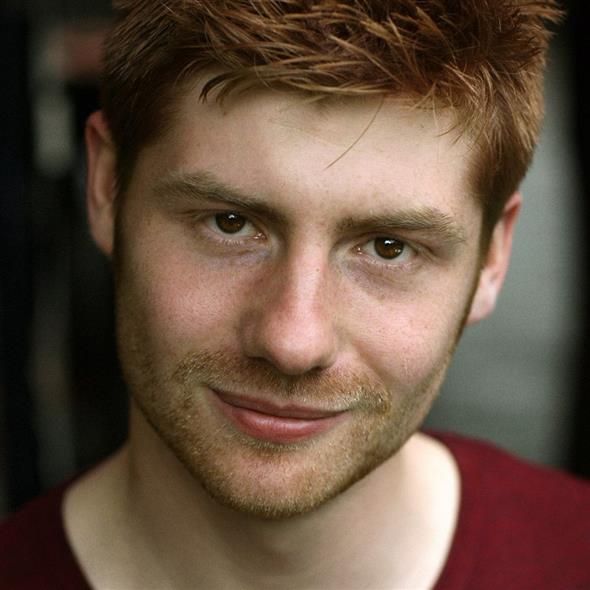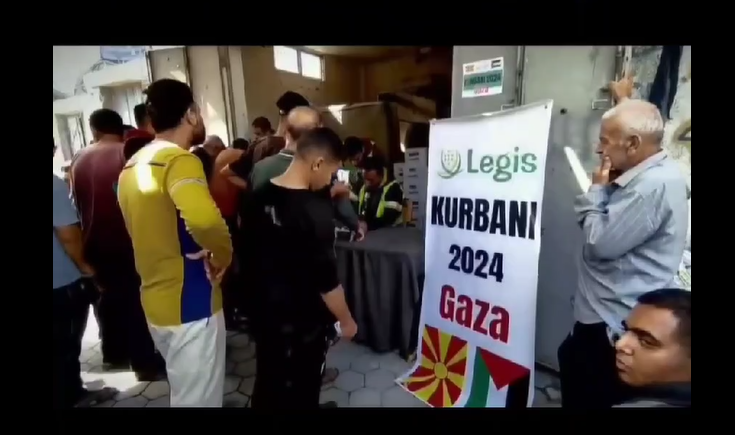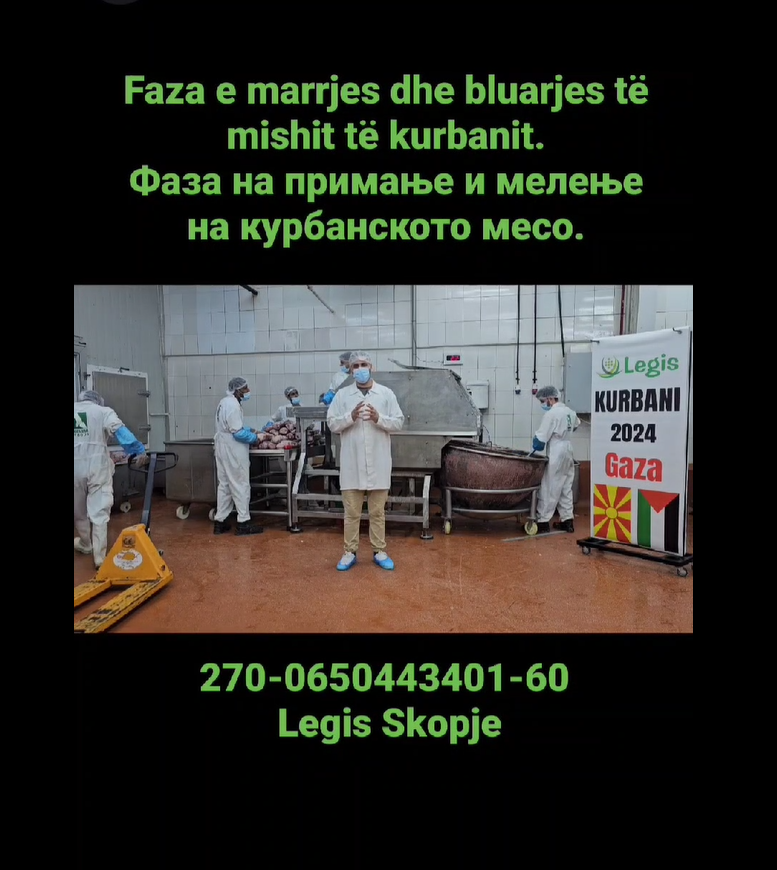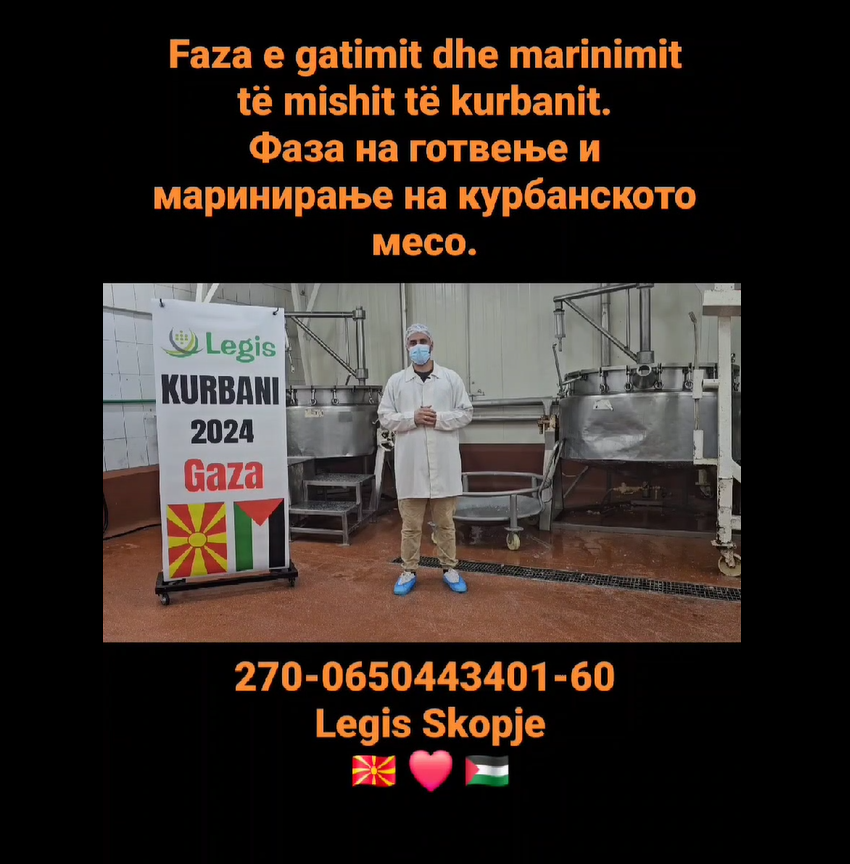My name is Siôn Rickard. I come from a village called Betws-y-Coed in Snowdonia, North Wales. I’m an actor, musician and writer. I also work as a Teaching Assistant in schools.

My name is Siôn Rickard. I come from a village called Betws-y-Coed in Snowdonia, North Wales. I’m an actor, musician and writer. I also work as a Teaching Assistant in schools.
Like many I’ve been shocked, saddened and frequently, outraged at the continuing plight of migrants and refugees seeking sanctuary in Europe. I wanted to help in some way, and to learn and improve my understanding in the process.
Why did I choose Macedonia? Well, first and foremost I wanted to go where help was needed. I was aware that many refugees had passed through the Balkans, and that conditions there, in the winter, could be unforgiving. I also had to factor in my living costs; people in my line of work don’t tend to earn much money; but in comparison to most of Europe, Macedonia is very affordable.
I discovered LEGIS through an internet search, liked what I saw, and dropped them an email. The reply came quickly and the application process was simple and straightforward.
I was to start in December, so left London late November, got a Flixbus as far as Austria, then hitchhiked to Skopje, Macedonia’s capital.
In total, I spent four days on the road. A flight would probably only have taken a couple of hours, but then I’d have missed out on meeting some strange and interesting people, and watching the landscape evolve from ground level.
I’d been forewarned that, since the Balkan route was now officially closed, there would be very few migrants at the camp. It was true. On the day of my first shift there were only twelve; and initially I wondered whether my presence was even needed. However, I soon came to realise that if I was proactive and used initiative there was plenty that I could do to help.
Some days there were as few as eight people in the camp, other days as many as twenty. Some stayed for weeks, some for days; others arrived, accepted supplies, then continued on almost immediately.
They came from many varied walks of life, each with their own story, their own set of circumstances.
Inevitably given their situation, most were physically and emotionally drained; worn down; or bored. They had internet access, and a few basic activities were on offer, but living within the confines of grey perimeter fencing and razor wire, can easily become monotonous.
I quickly came to realise that one of the most valuable things I could offer was attentive company and gentle emotional support. Of course there were those who preferred to be alone, but some really appreciated the fact I was up for conversation.
Not long after I first arrived, a smiling Afghan man named Abdul-Karim eagerly filled me in on the latest gossip surrounding Meghan Markle and the British Royal Family, and was keen to hear my opinion on things.
A short while later, Azhar from Pakistan, took it upon himself to educate me a little about some of the shadier political characters in his country, and the nature of the geo-political relationship between Pakistan and the UK.
Naturally there was often a language barrier but this didn’t seem to matter. Sometimes it was nice just to share in someone’s company.
I also found that music was a good way to connect. For a few days there was a man at the camp named Kamal, a Painter /Decorator who had fled a Taliban dominated area of Pakistan. He was gentle natured and quiet; sometimes seemingly lost in his own thoughts; and I think, very sad.
One afternoon I was entertaining a few migrants and NGO workers with some songs and my ukulele. Kamal listened with polite intensity, and then asked if he may respond, in kind, with a song of his own; a Punjabi song he’d learnt at a young age. He held us. We were transfixed with the beauty and purity of his voice.
He and I shared songs, several times, during the course of his stay; me singing traditional Welsh songs, and Kamal, songs from Pakistan and India. Whenever he sang it was as though a weight was lifted from him, and in that moment, there was only the music.
For a while, none of the migrants coming through were women or children, until one evening, as the temperature slid below zero, a young Syrian family dragged their weary feet into the camp.
There was Noor, in her early twenties, Hamid, her husband of around the same age, their children Mahmood-Ali (3 years) and Mustafa (9 months), and 17 year old Zahir; brother to Hamid.
It’s a tragedy for any family to find themselves in such a position, but the life and energy of the children brightened the camp and lifted our spirits. The family spoke little English, but were fluent in German, having taken refuge there for the past four years.
Maybe they’d been granted asylum, maybe not. Either way they were now heading for a new life in Turkey, to be with Hamid and Zahir’s dying mother.
A substantial chunk of the journey so far had been made on foot, in part due to their financial limitations, but also because Zahir hadn’t any travel documents.
Needless to say, Noor and Hamid were exhausted, and welcomed any help with looking after the children.
Generally, I left baby Mustafa to those with babying experience; and instead, spent many hours trying to keep up with the boundless energy of little Mahmood-Ali. Driven by a pioneering spirit, and thirst for adventure he would run off at every given opportunity. He loved to climb things, make loud noises, to run around picking things off the floor, attempting to put them in his mouth before I could stop him, and dogs; he loved dogs.
He was particularly fond of Myka, a sweet natured stray who basically belonged to the camp. Regrettably, Mahmood-Ali, being 3, had yet to discover the concept of playing gently, and Myka soon learned to run whenever she heard him coming.
I decided to explore the idea of gentle and rough with Mahmood-Ali using a small drum. Zahir kindly taught me the Arabic words for ‘gentle’ and ‘rough’, and I encouraged Mahmood-Ali, first to hit the drum softly, then really hard; softly then really hard.
He enjoyed this game. It was a whole five minutes before he went running off to look for Myka. Another game we’d play was one I’ll call ‘Monsters’. The rules were simple; we’d take it in turns to be monsters, and chase each other. This was his favourite game, especially when it was my turn to run away. He could pull a monster face and roar to a professional standard.
For all the fun we had, I remained mindful not to get in the way of Hamid, when it came to father-son bonding time; and Mahmood-Ali would make it known, loud and clear, when he’d had enough playing with me, and wanted time with Mama and Baba.
I enjoyed getting to know the family a little over the short time they were at the camp; amusing Noor with my attempts at Arabic, listening to Eminem with Zahir; and later, helping him work on his English, using a series of possibly confusing doodles.
But, eventually it was time for them to move on. The police took them as far as the Greek border, which they crossed on foot. Then they were gone.
I hope they made it to Turkey. I hope they’re safe now, with all the family together, finally building the life they yearned for their children. It isn’t easy crossing borders.
Minding unruly 3 year olds was far from my only job at the camp. I would greet people as they arrived and do my best to make them feel welcome and comfortable. They were usually freezing, hungry and, often, in need of medical attention, which would be administered by the Red Cross.
I’d teach ukulele and harmonica; assist with art therapy sessions; engage the refugees with games such as volleyball; help relay information between the refugees and various NGOs (making sure people knew where to get the legal advice they needed etc.); keep an eye out for anyone potentially at risk of harming themselves, or others; and assist my LEGIS colleagues with acquiring and distributing decent footwear (many of the refugees arrive with shoes that don’t fit or are falling apart).
The people I worked with at LEGIS were fantastic and made me feel very welcome. They were the ones working on the frontline at the height of the crisis, and their knowledge and experience was invaluable. They also knew all the best bakeries in Kumanovo and would share tasty things with me.
I can honestly say, that despite my misgivings on day one, volunteering with LEGIS turned out to be one of the most rewarding things I’ve ever done.
More importantly, it gave me the opportunity to help people going through an incredibly difficult time; and hopefully to make some sort of a difference.
It was a privilege. It made me realise how lucky I am to be in a position to help; and I really mean it when I say that. I got more out of it than I could put in. I learnt a great deal, made brilliant friends, and came away feeling more positive about myself.
However, it also hammered home, to me, how grossly imbalanced the world is; and that the circumstances you’re handed at birth really do dictate your options in life.
Going forward from this experience I’m keen to volunteer again, in the near future. It might not be in the news as much now, but the crisis is far from over.
** All the names of people featured have been changed in respect of privacy.




